From the Archives: understanding climate violence
Artemis
At Lighthouse we livestream and record nearly all our events, one of the reasons being that we want the wisdom shared and questions asked to move beyond one moment and one room, to bring enjoyment and learning to folks where they are and where they are able to access it.
Welcome to the Lighthouse archive, a semi-regular blog series exploring past events, lists, articles and resources, with a topic currently on our minds as a starting point - bringing beloved books and authors back into the spotlight.
Climate violence is all but abstract, although increasingly widespread. Here in Edinburgh, we witnessed storm Eowyn only two weeks ago - a relatively mild example of the kind of violent weather event that’s been pummelling other parts of the world for years, and becoming more common. The UK government’s roll-back from its climate pledges is violence, as is the closing of borders. The crashing of the 1.5 degree limit of global warming, pledged in the 2015 Paris Agreement, is the result of violence carried out by multinational companies, exerting pressure on governments, for decades.
Climate violence may feel abstract unless it’s felt on our own bodies, unless we truly understand it as the consequence of political and economic choices, and unless we’re honest about its entanglement with political oppression, from border control in Europe and Trump’s new era of deportations, to the colonisation of resources in Palestine. As such, climate violence doesn’t lie in the background of the intersecting political crises we’re seeing: it is one of their ultimate expressions. We must acknowledge it as such.
Last week brought immensely welcome news from the Stop Rosebank campaign. After months and months of determined, dedicated work, the campaign has won a court case against the approval of the Rosebank oil field, the biggest undeveloped oil field in the UK. This means that the government now has the chance to remake the decision on Rosebank after a consultation in the Spring, with no oil and gas extraction allowed from the field in the meantime. To approve the field is the most brazen act of climate violence.
We’ll share resources on how to keep the vital pressure up in the coming weeks. For today, here’s a modest round-up of conversations and written pieces we’ve been lucky enough to host on our website, all with insights on what climate violence is, and how absolutely vital it is that we understand it - for all of our safety. These are followed by a list of related books.
Recorded events:
At last year’s Edinburgh Radical Book Fair, Dr Hamza Hamouchene and Ric Lander (Friends of the Earth Scotland) spoke to Zeynep Oguz about green colonialism and how to challenge false solutions to fossil-fuel dependency globally and in Scotland.
At 2023’s Radical Book Fair, the authors of Crude Britannia got together with This is Rigged and Yara Rodrigues Fowler to discuss how power needs to shift away from fossil fuel companies.
We launched Mikaela Loach's book It's Not That Radical in 2023, with a conversation about the white-washing and green-washing of 'climate action'.
Here’s a recording of Laurie Parson’s event on carbon colonialism, and how rich countries export climate breakdown, in the Lighthouse garden.
Also in the garden: back in 2022, we hosted this conversation on decolonising the environmental movement, featuring Daniel Voskobojnik, Nish Doshi and Jessica Gaitán Johannesson.
The same year, we were lucky enough to host Ellen Miles and Chris Saltmarch, talking about young environmentalism.
Shorter videos, blogs and book lists:
Laurie Parsons put together a book list for us on understanding climate injustice
A reading list on decolonising climate justice inspired by the work of Rueben George, Sundance Chief and member of the Tsleil-Waututh First Nation.
Poet Khairani Barokka joined us for a Read Think Act video on rage, translation and climate justice
Our Jess has written a couple of blogs about the dangers of overpopulation myths and resisting despair and nihilism in the face of terrible climate news.
Linked Books
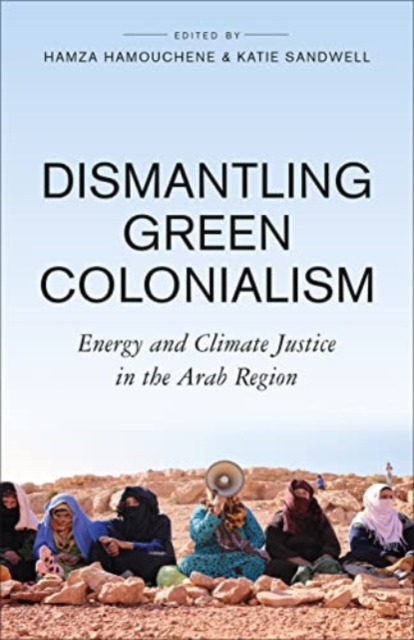
- title
- Dismantling Green Colonialism : Energy and Climate Justice in the Arab Region
- author
- Hamouchene, Hamza, Sandwell, Katie
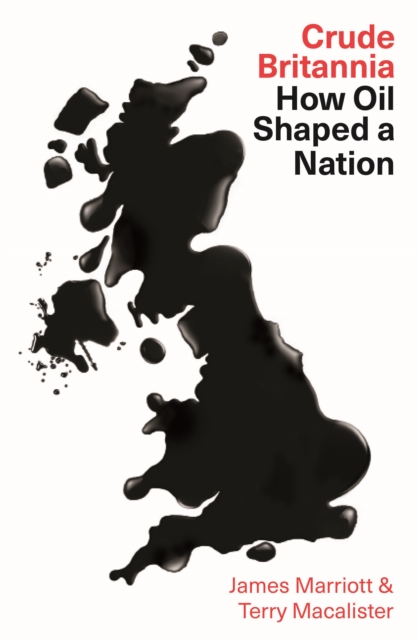
- title
- Crude Britannia : How Oil Shaped a Nation
- author
- Marriott, James, Macalister, Terry
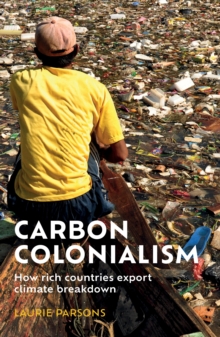
- title
- Carbon Colonialism: How Rich Countries Export Climate Breakdown
- author
- Laurie Parsons
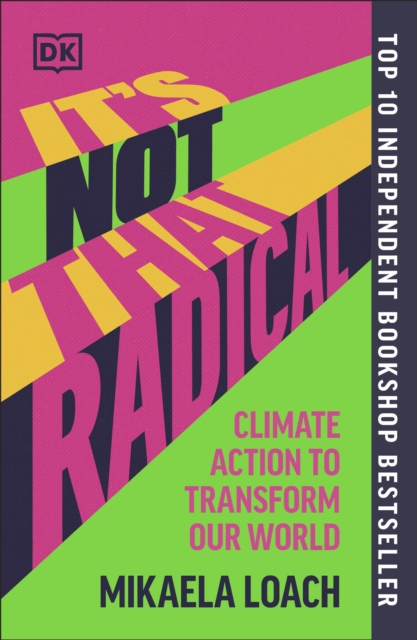
- title
- It's Not That Radical : Climate Action to Transform Our World
- author
- Loach, Mikaela
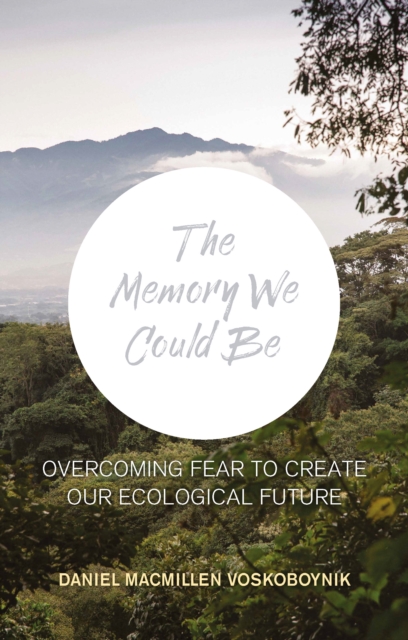
- title
- The Memory We Could Be : Overcoming Fear to Create Our Ecological Future
- author
- Macmillen Voskoboynik, Daniel

- title
- The Nerves and Their Endings
- author
- Jessica Gaitan Johannesson
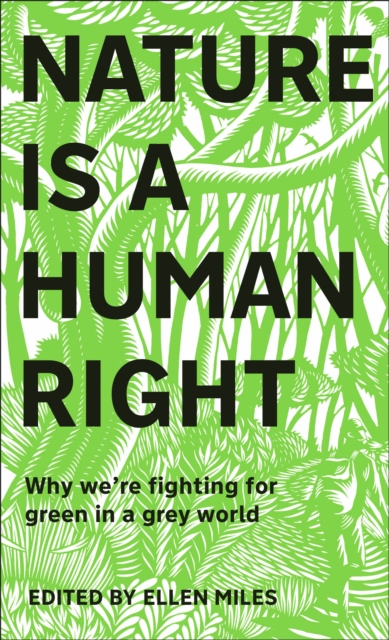
- title
- Nature Is A Human Right : Why We're Fighting for Green in a Grey World
- author
- Ed Ellen Miles
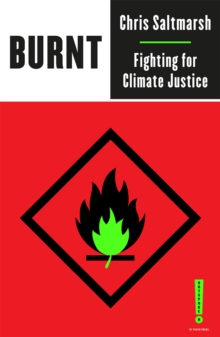
- title
- Burnt : Fighting for Climate Justice
- author
- Chris Saltmarsh

- title
- amuk
- author
- Barokka, Khairani
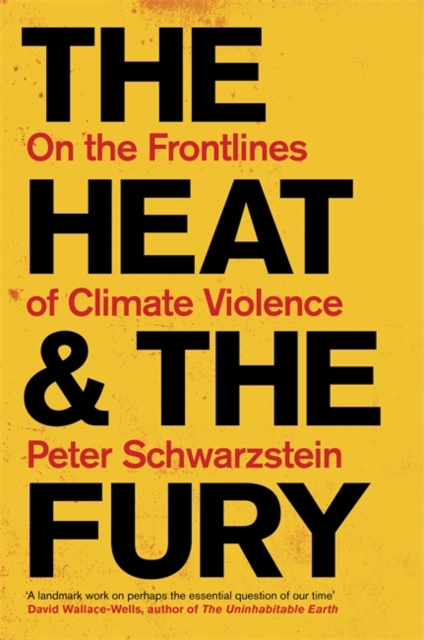
- title
- The Heat and the Fury : On the Frontlines of Climate Violence
- author
- Schwartzstein, Peter
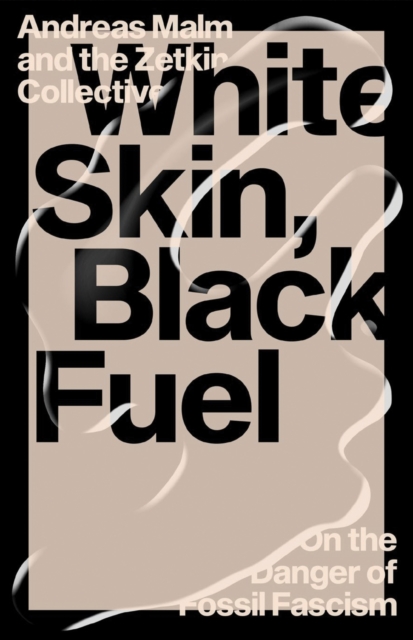
- title
- White Skin, Black Fuel : On the Danger of Fossil Fascism
- author
- Malm, Andreas, The Zetkin Collective
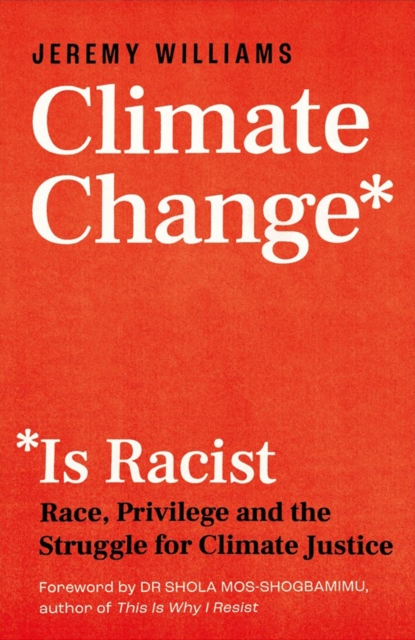
- title
- Climate Change Is Racist : Race, Privilege and the Struggle for Climate Justice
- author
- Williams, Jeremy, Mos-Shogbamimu, Dr Shola
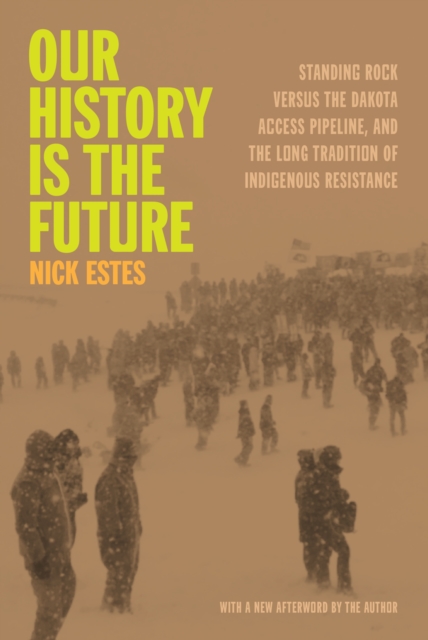
- title
- Our History Is the Future : Standing Rock Versus the Dakota Access Pipeline, and the Long Tradition of Indigenous Resistance
- author
- Estes, Nick
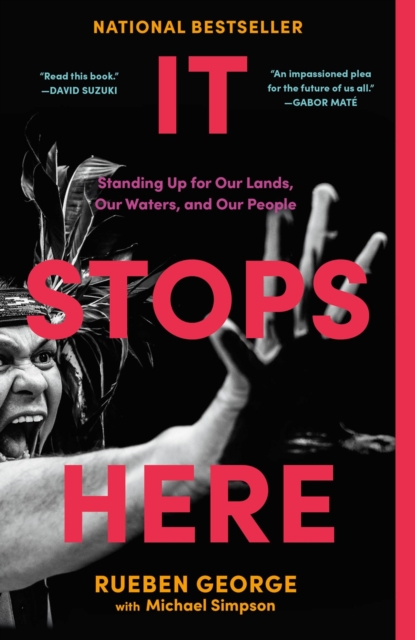
- title
- It Stops Here
- author
- George, Rueben